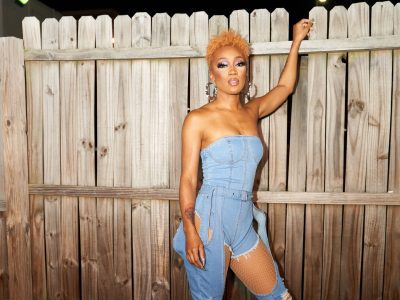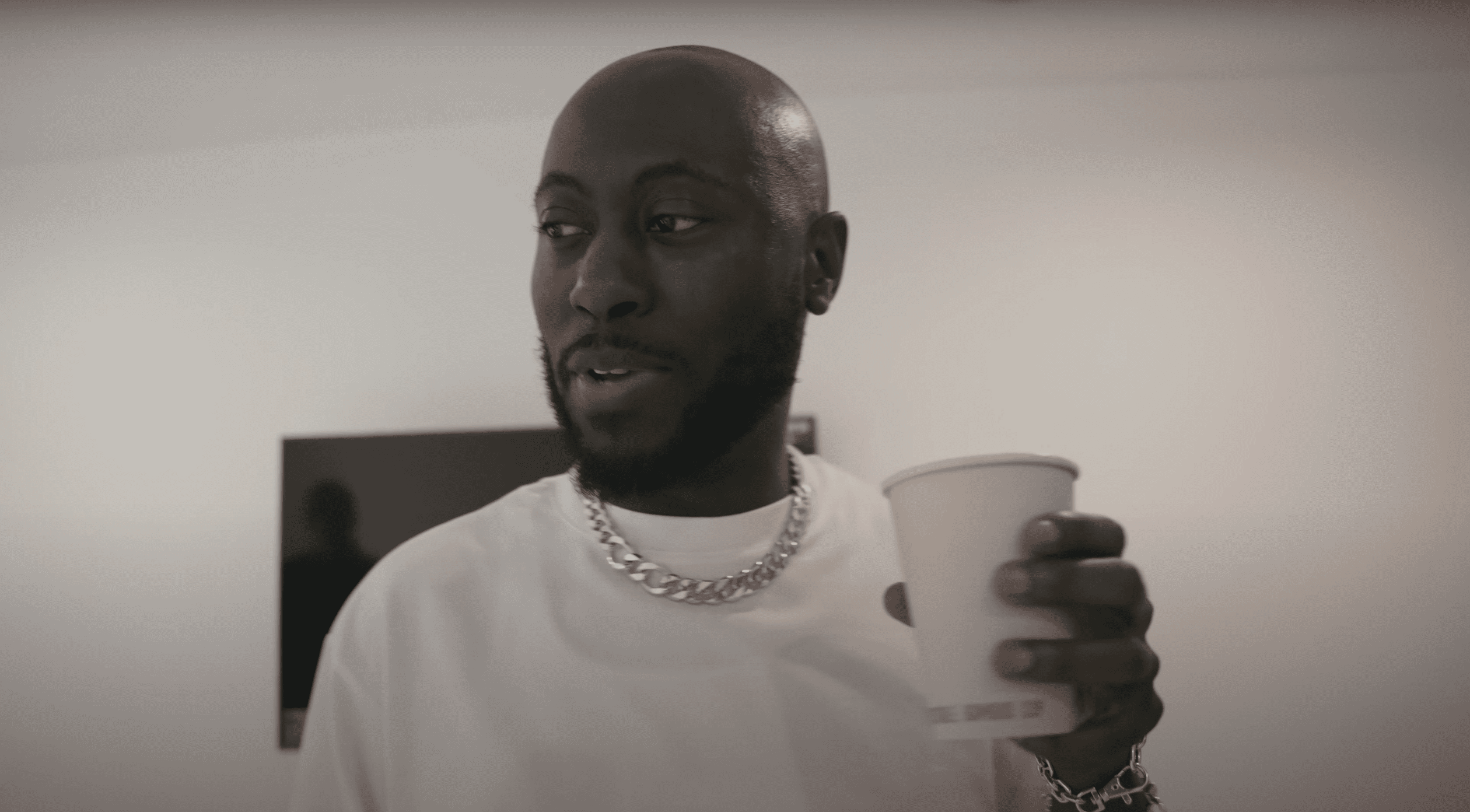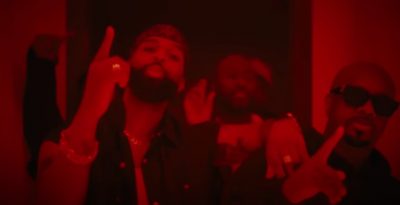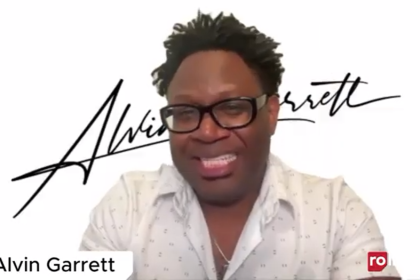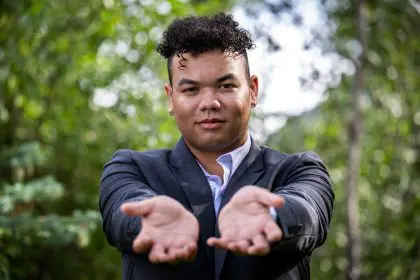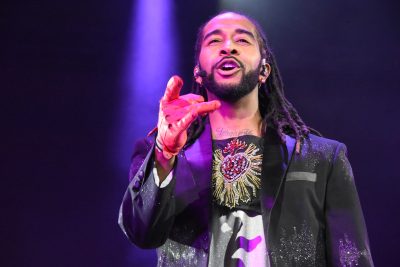
Born in North Carolina, Michael Mauldin established a strong work ethic early in his life with high hopes of obtaining an opportunity in the music business. While pursuing his goal, he had a son named Jermaine Dupri, and individually, they share a hallmark-like status in Atlanta. With over 35 years of experience, Mauldin has worked with some of the top artists of all time, which range from Luther Vandross to Usher. He stopped by rolling out to share all of the gems he’s learned along the way.
You came up during a time when hip-hop was beginning. What was your first impressions of hip-hop?
My first impression of hip-hop was, being that I was down South it was more so rap than hip-hop to me. A lot of folks were tapping into Kurtis Blow during that time and through my digging I started to understand the culture and essence of what hip-hop truly was. A lot of guys who were coming up in the business looked at hip-hop as a fad, but due to some of the things that I was involved in during the early ’80s , including helping my son Jermaine with his aspirations, I was in the right place at the right time. But I really embraced hip-hop when I began producing the Fresh Festival around 1983, which featured artists like Whodini, Kurtis Blow, Run-DMC, and The Fat Boys.”
What as it like being an executive at Columbia Records and how has the industry changed since then?
In regards to how music labels are run today, I had the opportunity in 1995 to become president of Black Music at Columbia Records and I was also senior vice president of Columbia Records Group, which gave me the opportunity to sit around the table with other executives in the company that weren’t Black. While running the Black Music division, I was given money to be spent on employees, artists, etc. The biggest difference for me was, I actually came from management and artist development. I was managing Kriss Kross, Arrested Development, my son, So So Def, etc. So they saw that and I also was based in Atlanta in the early ’90s, but at the end of the day, the main difference between how music labels are run now versus then is, dollars and cents, and the ability to be able to spend money on artist development so that the artist can be prepared for success. Labels are no different from independent now.
How has the live performance helped in the digital age of the music business?
I think live performance is always the best thing for an artist. An artist can create credibility and longevity by replicating what’s on record, which is something that a lot of artists can’t do, especially in hip-hop. A lot of artists don’t spend enough time grooming themselves, or being in rehearsals to make sure that their live show is on point but that is changing. You’re starting to see the likes of Jay Z, Kanye, and Pharrell putting emphasis on those shows again and I think that’s helping some of the younger artists. When you talk about the future of music, looking at the Internet and seeing how prominent that it is now, everything can be done online, which makes it easier and harder at the same time. In the late ’90s when Napster was about to take over, we as an industry were fighting what that guy was trying to do as opposed to embracing it. Now everyone is into taking their independence into their own hands, buying music online, and filesharing, such as Jay Z, who bought Tidal recently.
How did the Scream Tour come into existence?
I started the Scream Tour in 2001. A lot of people viewed the tour as, “Oh that’s the tour that caters to the teenyboppers and the younger crowd,” and that’s mainly said because we started out with Bow Wow and then B2K. The Scream Tour was basically a platform used to gain momentum, and market artists because for a number of years I felt that that crowd wasn’t being catered to. The Scream Tour was a festival more than anything, and at the end of last year, I collaborated with Live Nation to create Scream Nation and the whole idea was to market hip-hop to a broader audience. The whole purpose of the Scream Tour is to be a launching pad for the next generation of superstars and Scream Nation is going to be kicking off a back-to-school tour in September.

